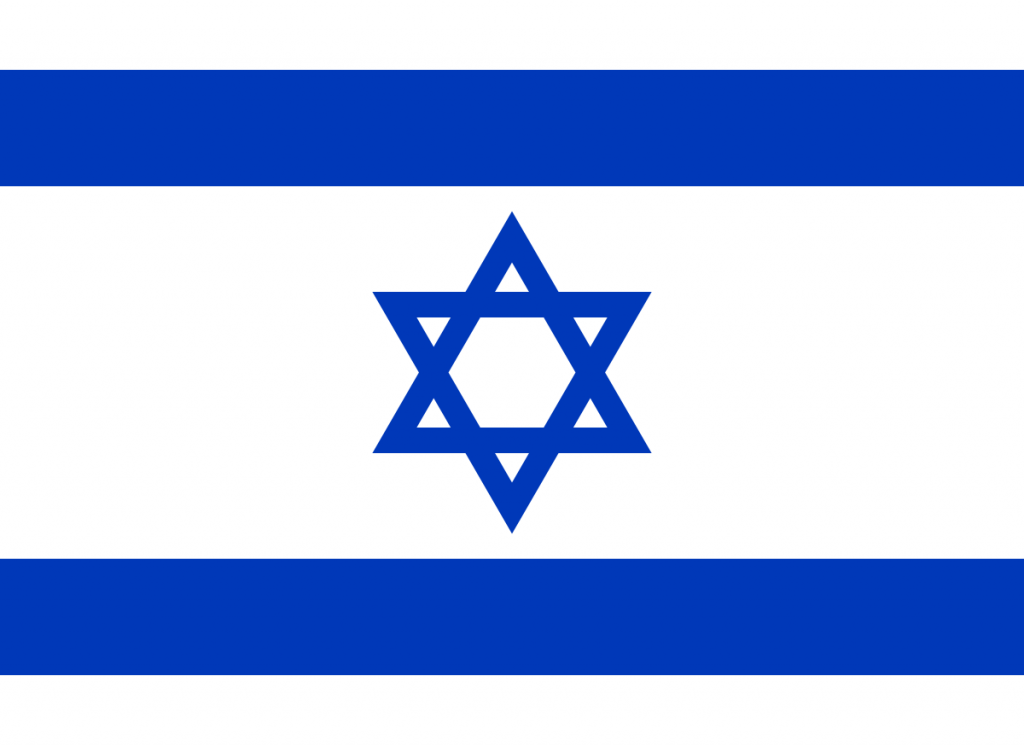
Introduction
The State of Israel is a nation with a population of 8.9 million, situated in West Asia. Its capital city is Jerusalem, with another notable city, referred to as its economic center, is Tel Aviv. The official language of Israel is Hebrew, however residents also largely speak Arabic and English because of neighboring influences. Despite being a small nation, Israel has a relatively high per capita GDP of US $ 41.7 thousand, one of the highest in the region.
It is a country steeped in historical context, and the rough relationships it has had with its neighbors over the past decades creates quite a few hurdles for employers and recruiters.
Application Process
Being a developed nation, with strong ties to the West (especially the United States), Israel follows many of the same employment practices that are used in other developed nations. These practices, however, are not fully integrated, with many smaller companies and family owned businesses still using the same practices as they had been before. There is an evolving legislative framework that is aimed at bringing all Israeli hiring practices into the 21st century, but it has yet to be adopted state-wide. There are two main forms of applications:
In-Person Application
This is the traditional form of hiring that most of the small businesses in Israel still follow. Vacancies are communicated through word of mouth, and referrals. Because of the culture and social structure, potential employees have to seek out jobs and express their interest in person, as a sign of respect to the employer. The employee takes with them their resume, and other supporting documents, and comes prepared for an on the spot interview, even if the employer chooses not to take on at the time. The employer thereafter shows potential employees the same respect and thanks them for their interest, while walking good candidates through the next steps.
Online Application
Medium and large businesses use the same online format that most Western countries do when it comes to recruiting. Jobs are posted on job boards, recruitment websites, and often company websites themselves, with an extensive online form that walks candidates through and ranks them based on their abilities. An example of such a job board is the website https://secure.israemploy.net/en/ .
Interview and Selection
However a candidate hands in their application, the hiring process is largely the same across the country because of recent legislation. After vetting, candidates are called in for interviews. The appropriate dress for an interview is either a Yarimulke (the traditional dress of Israel) or Western formal attire. The content of the interview is largely different from what the West is accustomed to however. Interview questions may include personal details such as religious beliefs, plans to get married and have children, personal financial standing, etc. Though these questions may not sit well with us, it is an important form of getting to know the interviewee better, which is important in Israel.
Background Checks
Because of Israel’s troubled relationships with its neighbors, Israel considers itself to be at risk, and so there are certain background checks that employers must perform before they hire a candidate. If a candidate is applying from overseas, or is a foreign national, then the Government of Israel conducts these checks at the visa application stage, however, employers are also to conduct their own checks after the candidate enters the country.
Israeli Labor Law
The labor laws of Israel give employees certain protections, while also outlining the scope of work. The most important of these to discuss is the Hours of Work and Rest law. This law states that Israel will follow a 43 hour workweek, with someone being able to work a maximum of 45 hours before it is considered overtime. In order to work overtime, a special permit needs to be obtained from the Ministry of Labor. In order to apply for this permit, a good reason must be presented for the additional hours of work, and even then certain conditions may be applied (such as only being able to work an additional 5 hours in overtime). Israeli workers must also be given a consecutive rest period of 36 hours a week, but with another special permit from the Ministry of Labor, this can be reduced to 25 hours per week.
Miscellaneous Information
Gender Bias: there is an evident gender bias when it comes to preferred candidates for jobs. Men are preferred because they are thought of as being more ‘reliable’ i.e. they will not quit work after getting married, will not have to take leave if they have a child, etc. Though many larger businesses are working to reverse this bias, it is still evident in many small businesses.
Minimum Wage: The minimum wage in Israel has been updated, and is now 23.12 ILS per hour, which equates to approximately USD $6.8.
References
Anon, Israeli Recruitment Process. Israemploy. Available at: https://secure.israemploy.net/en/Israeli_Recruitment_Process.
Anon, 2017. Israel. UNESCO UIS. Available at: http://uis.unesco.org/en/country/il
Anon, 2011. Traditional Clothing of Israel: Attire for Men and Women. BrightHub Education. Available at: https://www.brighthubeducation.com/social-studies-help/122846-the-traditional-dress-of-isreal/
Bromberg, N., 2018. Employment & labour law in Israel. Lexology. Available at: https://www.lexology.com/library/detail.aspx?g=f5c5b969-fe64-45d6-82e9-1e0baeda99e1
Just Landed, 2014. Working Conditions. Just Landed. Available at: https://www.justlanded.com/english/Israel/Israel-Guide/Jobs/Working-Conditions
